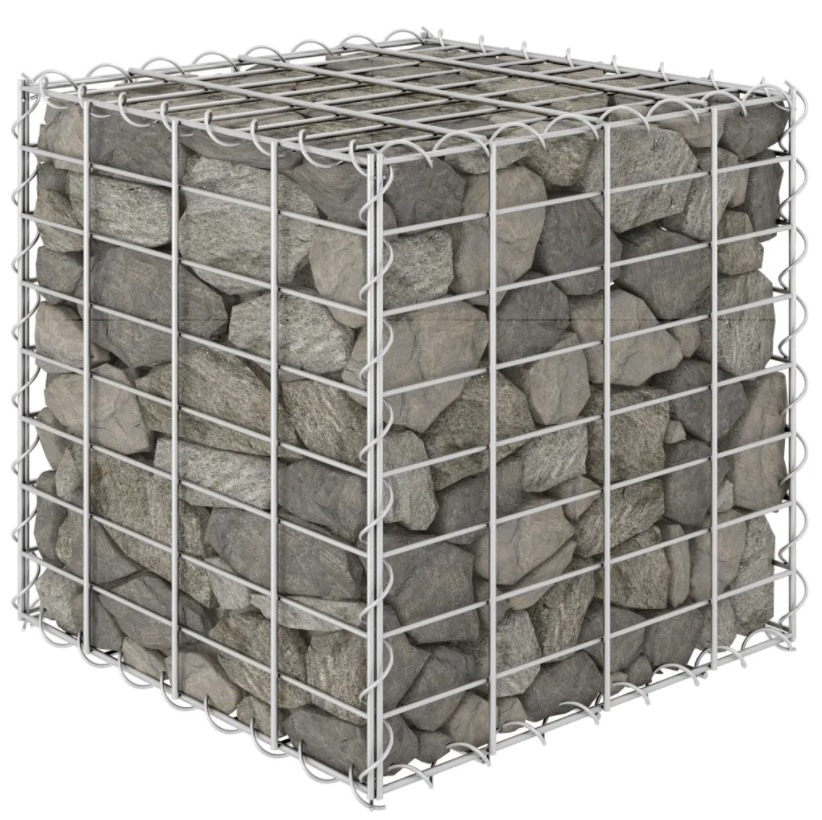Oct . 18, 2024 16:11 Back to list
Top Manufacturers and Suppliers of Barbed Wire for All Your Fencing Needs
Understanding Barbed Wire Suppliers and Manufacturers
Barbed wire, known for its robust security applications, serves as an essential tool in protecting properties, livestock, and sensitive areas. The manufacturing of barbed wire involves various processes that combine quality materials with precision engineering, making the role of suppliers and manufacturers pivotal in the industry. In this article, we will explore the landscape of barbed wire suppliers and manufacturers, the factors that influence their operations, and the importance of choosing the right partners in this domain.
The Role of Barbed Wire in Security
Barbed wire has been a crucial element in security fencing since its invention in the late 19th century. Its sharp edges deter unwanted intruders while being cost-effective compared to other fencing types. It is widely used in agricultural settings to confine livestock, in military installations, and for securing perimeters of various facilities, including prisons, warehouses, and industrial sites.
Types of Barbed Wire
There are several types of barbed wire, including standard, electric, and barbed tape. Each type serves different purposes and is manufactured using various techniques and materials. Standard barbed wire is typically made from galvanized steel, which enhances durability and rust resistance. Electric barbed wire, on the other hand, incorporates electrification to provide an additional layer of security. Barbed tape is a modern variant, characterized by sharp, thorn-like projections along a flexible strip that can be easily installed on existing fencing.
Key Factors Influencing Barbed Wire Suppliers and Manufacturers
1. Quality of Material The raw materials used play a significant role in determining the durability and effectiveness of barbed wire. Manufacturers often choose high-quality galvanized steel or stainless steel to withstand environmental conditions and physical wear.
2. Manufacturing Techniques Modern manufacturing processes include advanced machinery that ensures precision in the production of barbed wire. Techniques such as automated winding and reinforcing help produce consistent and high-quality products.
3. Compliance and Standards Suppliers and manufacturers must adhere to industry standards and regulations. Compliance ensures that the products meet safety and performance requirements, gaining the trust of consumers.
barbed wire supplier manufacturers

4. Customer Needs and Customization Different clients may require specific types of barbed wire tailored to their unique needs. A reputable supplier will often offer customizable solutions, enabling clients to specify dimensions, bar spacing, and material characteristics.
5. Distribution and Supply Chain The ability to procure and distribute products efficiently is crucial for suppliers. A well-established supply chain ensures that products are delivered on time and maintain inventory levels, reducing delays in project timelines.
Choosing the Right Supplier or Manufacturer
When selecting a barbed wire supplier or manufacturer, it is vital to consider several criteria
- Reputation and Experience Established companies with years of experience in the industry often have a proven track record of delivering quality products. Researching customer reviews and testimonials can provide insights into the reliability of the supplier.
- Product Range A supplier that offers a wide variety of products, including different types of barbed wire and related fencing solutions, can cater to diverse customer needs.
- Cost and Value While cost is an essential factor, it should not be the only one. Evaluating the overall value, including product quality, warranty, and customer service, is crucial in making a decision.
- Customer Support An excellent supplier will provide support throughout the buying process, from pre-sales consultation to post-sales service. Responsive customer service can help address any issues that may arise.
Conclusion
The importance of barbed wire in ensuring security and protection cannot be overstated. As the demand for effective fencing solutions continues to grow, the role of reliable barbed wire suppliers and manufacturers becomes even more critical. By understanding the types of barbed wire, the factors influencing manufacturing processes, and how to choose the right supplier, consumers can make informed decisions that lead to enhanced safety and security. The barbed wire industry, with its combination of tradition and modern innovation, stands ready to meet these challenges and evolve with the needs of its customers.
-
Enamel Cast Iron Casserole - Anping County Xingzhi Metal Wiremesh Products Co., Ltd | Heat Retention, Versatile Design
NewsAug.15,2025
-
Enamel Cast Iron Casserole-Anping County Xingzhi Metal Wiremesh Products Co.,Ltd|Heat Retention&Non-Stick Surface
NewsAug.15,2025
-
Enamel Cast Iron Casserole-Anping County Xingzhi Metal Wiremesh Products Co., Ltd.|Even Heat Retention&Non-Stick Surface
NewsAug.15,2025
-
Enamel Cast Iron Casserole - Anping County Xingzhi Metal Wiremesh Products Co., Ltd.|Heat Retention&Non-Stick Surface
NewsAug.14,2025
-
enamel cast iron casserole-Anping Xingzhi|heat retention&non-stick surface
NewsAug.14,2025
-
Enamel Cast Iron Casserole-Anping County Xingzhi Metal Wiremesh Products Co., Ltd|Heat Retention&Non-Stick Surface
NewsAug.14,2025



